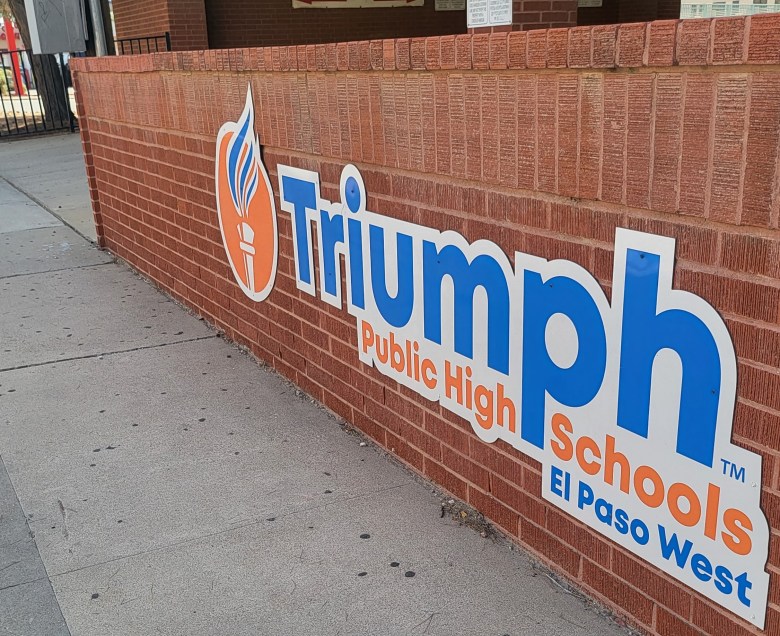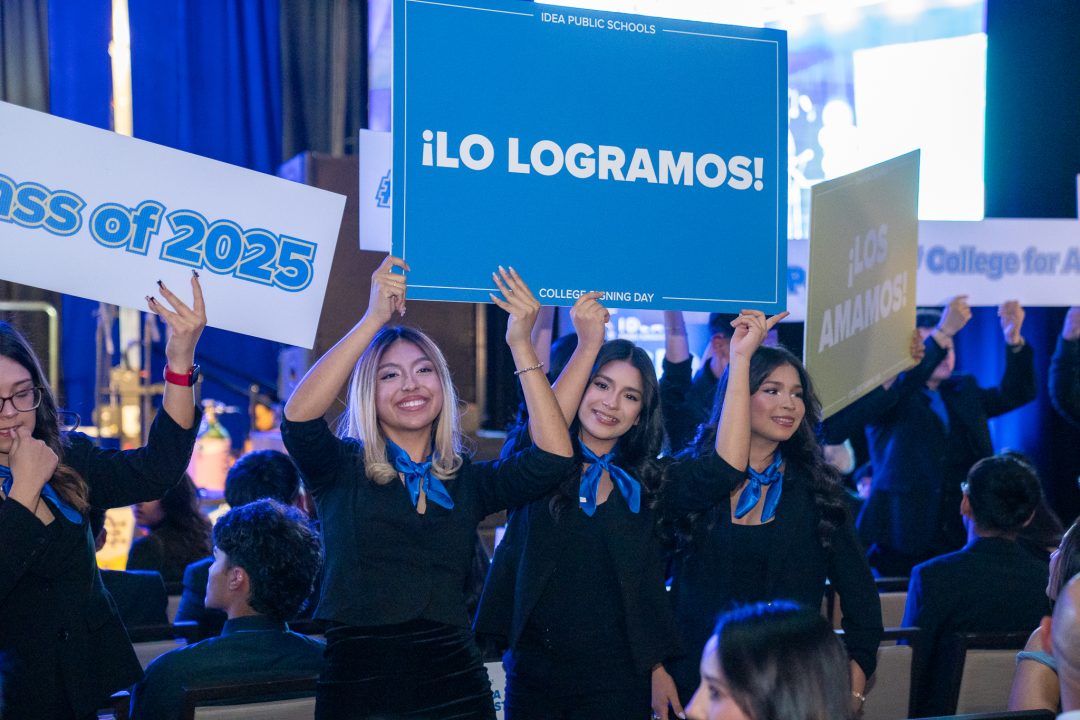Charter schools are a form of tuition-free public schools, which are subject to fewer regulations than traditional public schools and are operated by independent organizations or groups under an agreement with the state.
Texas lawmakers passed legislation in 1995 authorizing the creation of charter schools as part of an effort, known as school choice, to provide parents with more options for their children’s education and to compete with traditional public schools.
Last school year, there were over 14,500 students enrolled in the 10 active charter school organizations operating throughout El Paso County, according to Texas Education Agency enrollment data.
They range from multi-campus school systems with selective graduation requirements, such as IDEA Public Schools, to alternative education programs for non-traditional students and at-risk youth, like Triumph Public High School in East El Paso.
In Texas, most are considered open-enrollment charter schools and do not need a locally elected school board to oversee their operations.
Charter schools are open to the public and can only limit enrollment once they reach capacity. Many use a lottery system to determine who can enroll when there are more interested students than available seats.
Proponents of charter schools argue that their flexibility encourages innovation, while critics say it allows organizations that run the schools to receive state funding with less oversight.
How are charter schools established and regulated?
In Texas, the state commissioner of education is in charge of reviewing applications and granting open-enrollment charters. After approving a charter and notifying the State Board of Education, the board has 90 days to vote against granting the charter. If no vote is taken, the charter is automatically granted.
The Texas Education Agency reviews charter schools’ accreditation status annually and can revoke it if they do not meet standards and fail to improve over multiple years.
 Triumph Public High Schools is one of the charter schools that has opened campuses in El Paso. (Ramon Bracamontes/El Paso Matters)
Triumph Public High Schools is one of the charter schools that has opened campuses in El Paso. (Ramon Bracamontes/El Paso Matters)
Open-enrollment charter schools are subject to some of the same state-mandated evaluations as traditional public schools, including the A-F Accountability rating system, which gives school districts and campuses a letter grade based on standardized test scores and other metrics.
They must also undergo the School Financial Integrity Rating System of Texas, which ranks school districts based on financial management practices.
How are charter schools funded?
Like traditional public schools, charter schools receive most of their funding from the state based on students’ average daily attendance, or ADA.
Some can also qualify for state and federal grants meant to start new charter schools, build new charter school facilities and reward high-performing charter schools.
Charter schools can also collect donations from public and private organizations.
Unlike traditional public schools, charter schools can not levy local property taxes for funding. Because of this, charter schools typically receive less funding per student compared to traditional public schools.
 Harmony School of Science Elementary in far East El Paso off Joe Battle Boulevard (Cindy Ramirez / El Paso Matters)
Harmony School of Science Elementary in far East El Paso off Joe Battle Boulevard (Cindy Ramirez / El Paso Matters)
On average, school districts in Texas received over $19,300 in funding per student during the 2023-24 school year, according to TEA data.
That same year, El Paso ISD received over $15,800 per student, Ysleta ISD received nearly $15,200 and Socorro ISD received under $13,500.
IDEA and Harmony public schools — the two largest charter school systems in El Paso — each received $14,700 and $14,400 per student, respectively.
Vista Del Futuro Charter School was the 27th least funded school district per student in the state that year, receiving less than $11,200 per student.
Will charter schools be able to receive Education Savings Account funding?
No.
Earlier this year, Texas lawmakers approved an Education Savings Account program — also known as private school vouchers — that will allow families to use state funds to send their children to private school and cover homeschool expenses.
Starting next school year, families can get around $10,000 to pay for private school and about $2,000 for homeschool. Students with disabilities may also be eligible for additional funding under the program.
Students attending charter schools will not be eligible for the program.
Do charter school students take standardized tests?
Yes.
Both traditional public schools and open-enrollment charter schools are required to administer the State of Texas Assessments of Academic Readiness, or STAAR, test to students in grades three through eight, and at the end of certain high school courses.
Earlier this month, Texas legislators approved a law that will eliminate the STAAR test and require the TEA to develop a new standardized assessment. These assessments will be shorter and will be taken at the beginning, middle and end of each school year.
The new tests will be implemented starting the 2027-28 school year.
Do charter school teachers need certifications?
Not always.
Texas law only requires charter school teachers to get a certification if they teach special education or bilingual classes, or if it is stated in a school’s charter application.
At Harmony and IDEA public schools, teachers must have a bachelor’s related to the content they teach, but are not required to obtain a state teaching certification.
Many charter schools, including IDEA and Harmony, offer programs to help teachers pay for the cost of obtaining a state certification.
Can charter schools expel students based on academic performance?
No.
Charter schools can not remove or expel students for poor performance or failing to progress in their programs.
Charter schools can only remove students who commit an expellable offense outlined in their code of conduct.
Some of these offences could include: bringing a weapon to school, criminal activity and behavioral issues that continue after corrective action.
Before expelling a student, charter schools must offer due process, which can include a hearing with a disciplinary board.
Related
LISTEN: EL PASO MATTERS PODCAST

